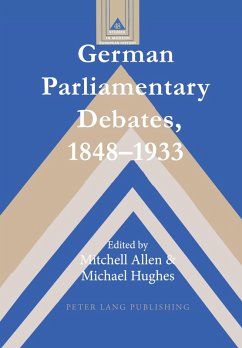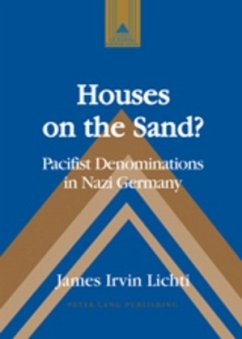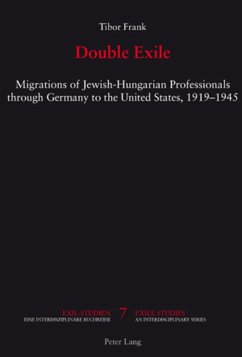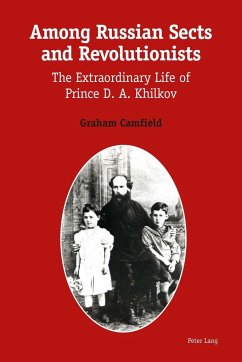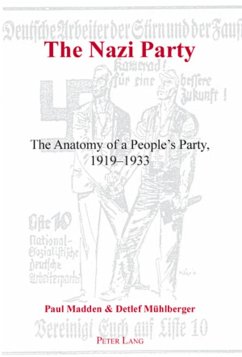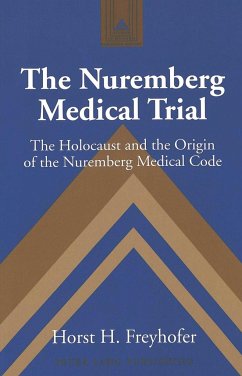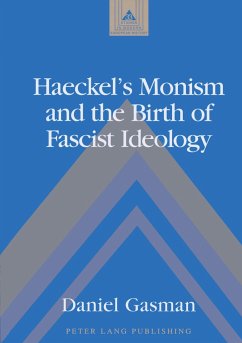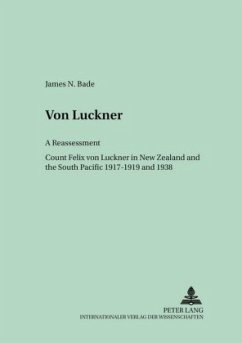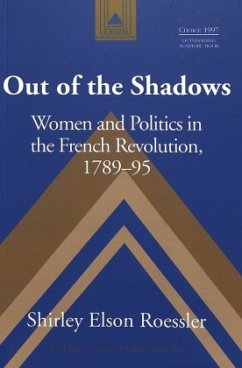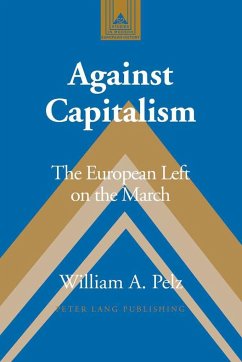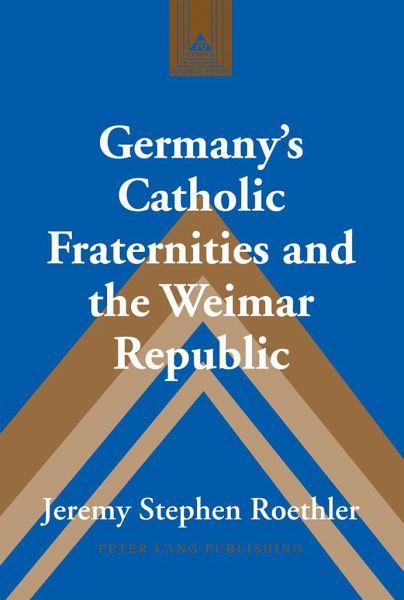
Germany's Catholic Fraternities and the Weimar Republic
Versandkostenfrei!
Versandfertig in 6-10 Tagen
95,45 €
inkl. MwSt.
Weitere Ausgaben:

PAYBACK Punkte
0 °P sammeln!
Through the last century, Catholic fraternity alumni have served as German chancellors, presidents, federal ministers, state executives, and leading voices in Germany's parliament. They have played leading roles in the Catholic press, in Catholic youth groups, in Catholic civic associations, and in the German Catholic hierarchy. After World War II, Catholic fraternity alumni played founding roles in the Christian Democratic Union (CDU) and the Christian Social Union (CSU), the two parties that led West Germany's transition from its catastrophic defeat ("zero hour") to the economic miracle (194...
Through the last century, Catholic fraternity alumni have served as German chancellors, presidents, federal ministers, state executives, and leading voices in Germany's parliament. They have played leading roles in the Catholic press, in Catholic youth groups, in Catholic civic associations, and in the German Catholic hierarchy. After World War II, Catholic fraternity alumni played founding roles in the Christian Democratic Union (CDU) and the Christian Social Union (CSU), the two parties that led West Germany's transition from its catastrophic defeat ("zero hour") to the economic miracle (1949-1969). This book considers the ideas that many of these Catholic leaders encountered as college students or as active alumni in their fraternities in the fifteen years before Adolf Hitler came to power.





